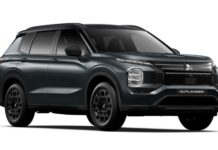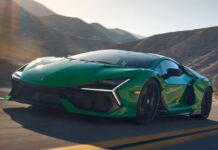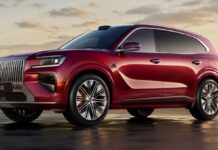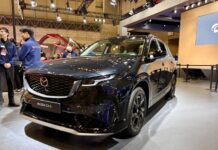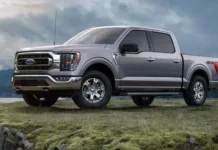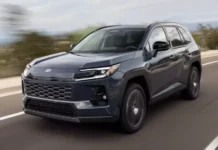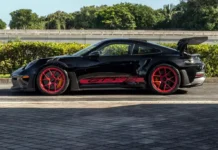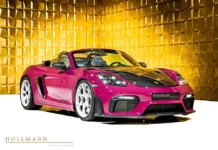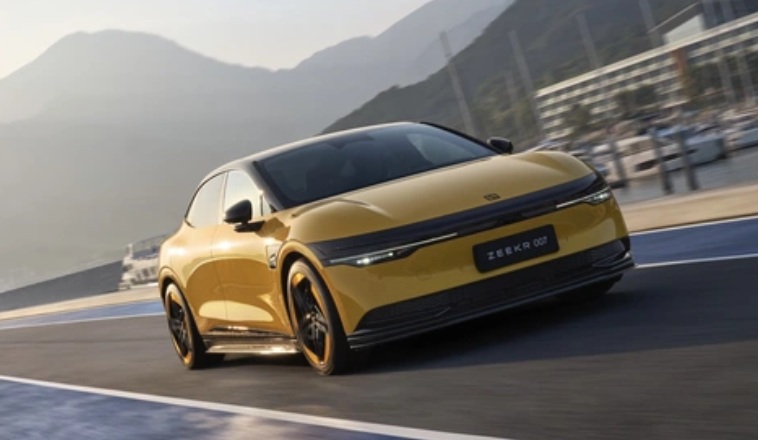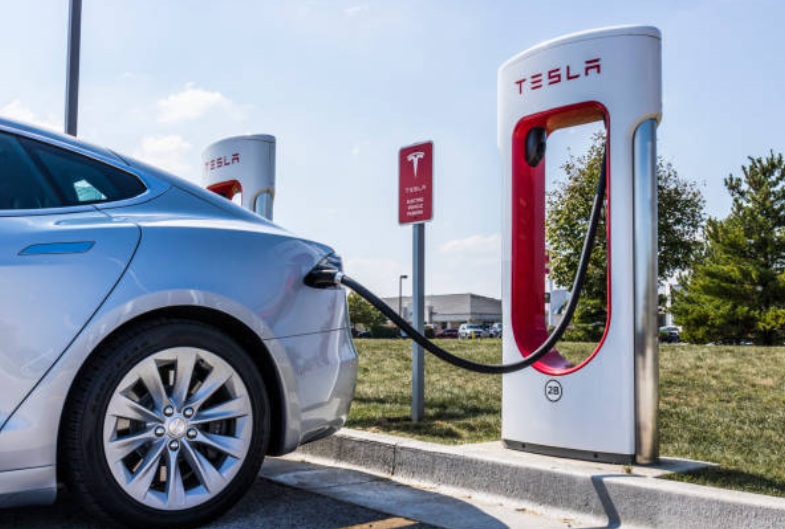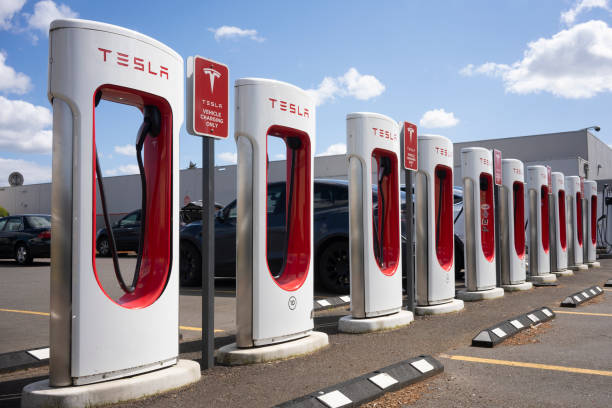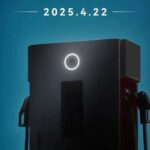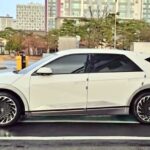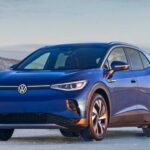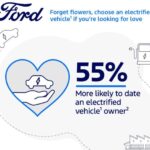Since the beginning of 2025, a wave of electric vehicle, battery, and technology companies in China have been rolling out ultra-fast charging systems to address convenience issues for EV owners. However, behind the benefit of reduced charging time lies growing concerns about battery longevity and replacement costs.
Ultra-fast charging, typically with power ratings above 120kW, significantly reduces charging time, addressing a major hurdle for electric vehicles: the fear of running out of power mid-journey. However, consumers remain skeptical about the long-term impact of this technology on battery health, especially when drawing parallels with fast charging on mobile phones, which is known to cause rapid battery degradation.
These concerns are not merely based on individual perceptions. Recent surveys in China indicate that ride-sharing drivers who frequently use ultra-fast charging experience accelerated battery degradation. For electric vehicles traveling over 100 km daily and relying on fast charging for more than 70% of their charging needs, battery degradation can reach 15% within just two years.
Research from Tsinghua University reveals that frequent charging at high power levels above 120kW can shorten battery lifespan by up to 40% compared to slower charging methods. This is a significant figure when considering the replacement cost of batteries, which can amount to half the value of a new vehicle or even higher when factoring in depreciation over time.
In China, regulations mandate that automakers provide a battery warranty for a minimum of 8 years or 120,000 km. However, the practical application of these warranties is not always straightforward. Some manufacturers offer “lifetime warranties,” but these come with stringent conditions, such as limiting eligibility to the first owner, imposing annual mileage restrictions, requiring mandatory periodic maintenance at authorized workshops, and prohibiting the use of vehicles for commercial purposes.
Moreover, there are cases where warranty terms exclude vehicles that have utilized ultra-fast charging beyond specified limits, creating a significant barrier for users who frequently rely on fast charging, particularly ride-sharing drivers.
Additionally, many warranty packages only cover manufacturing defects and do not account for the natural degradation of battery capacity over time. This misunderstanding is prevalent among consumers, with surveys showing that only 23% of EV owners correctly understand the battery warranty terms, while over 50% believe that a “lifetime warranty” guarantees free battery replacement at any time.
To address these concerns, automakers and equipment providers are investing heavily in technologies to mitigate the negative effects of fast charging. Modern thermal management systems can better control battery temperatures during charging, while innovative Battery Management Systems (BMS) incorporate protective modes and dynamically adjust charging rates based on the battery’s condition.
Smart charging stations are also being designed to recognize battery status and optimize charging currents in real time, enhancing efficiency and reducing the risk of damage.
Experts offer specific recommendations to EV owners: limit the use of ultra-fast charging to less than 40% of total charging sessions, opt for slower charging whenever possible, and avoid fast charging when the battery level is below 10% or above 90% capacity.
To foster a sustainable ultra-fast charging ecosystem, experts emphasize the need for collaboration between manufacturers, regulators, and consumers. This includes implementing technical measures to safeguard batteries, providing clear usage guidelines to the public, and establishing transparent warranty policies, especially regarding instances involving fast charging.
TH – Tuoitrethudo
Huawei Unveils Revolutionary Super-Fast Charging: 5-Minute Plug for a 400km Journey
Huawei is about to shake things up in the industry as it announces its entry into the fast-charging arena. On April 22, the company will unveil its super-fast charging technology, joining the likes of BYD and Zeekr in a race to revolutionize the way we power our devices. With this move, Huawei is poised to showcase its innovation and expertise, promising a future where waiting for your device to charge is a thing of the past. This announcement marks an exciting chapter in the world of technology, and we can’t wait to see what Huawei has in store.
The Zeekr 009 2024 Edition: A Luxurious Electric Minivan Enhanced with 1,366 Brand-New Details
Zeekr, the innovative Chinese automotive brand, has unveiled its latest creation – an upgraded version of the luxurious Zeekr 009 electric minivan for 2024. This mid-life refresh promises to elevate an already impressive vehicle, taking it to new heights of performance and style. With a focus on refined aesthetics and cutting-edge technology, the Zeekr 009 is set to redefine what it means to travel in comfort and elegance. Get ready to experience the future of electric mobility with this stunning showcase of Chinese engineering prowess.

